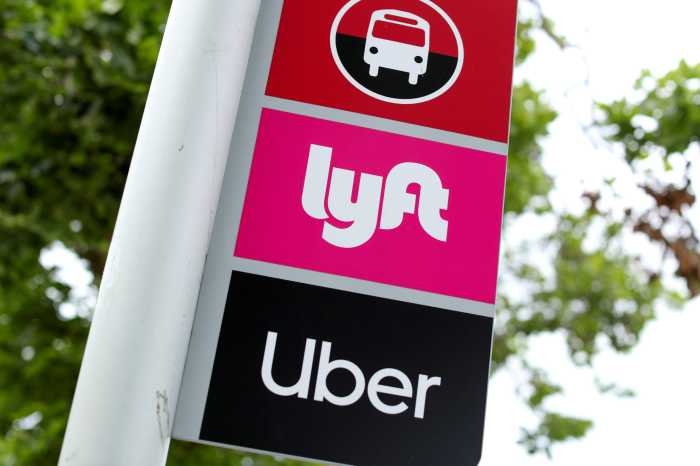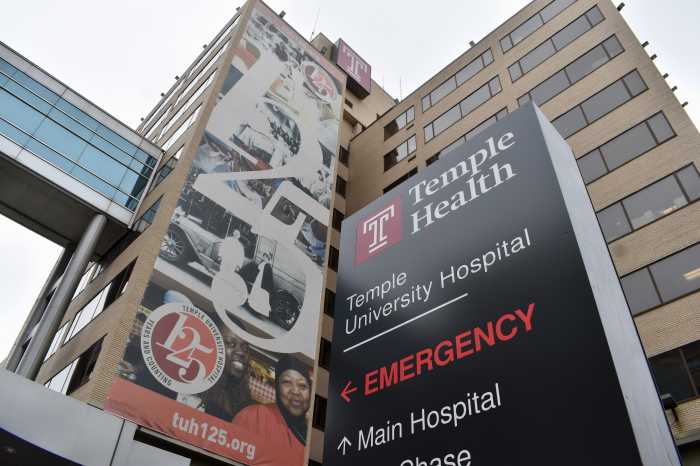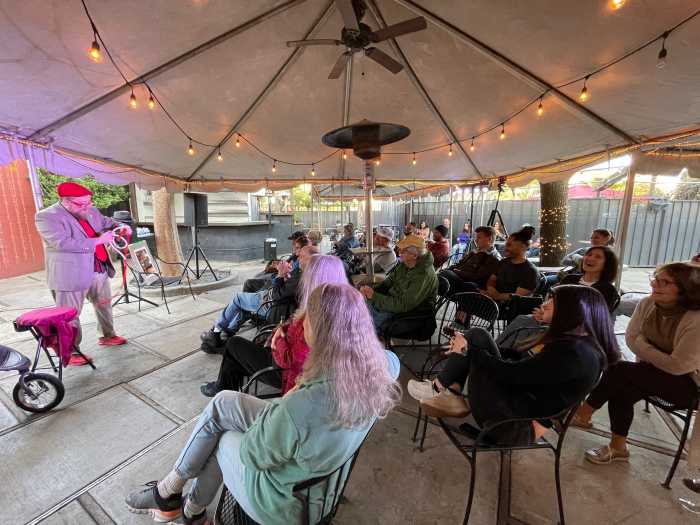Uber, the rideshare giant, is alleging that a Philadelphia personal injury law firm conspired with medical providers to fabricate evidence supporting dozens of car crash-related court cases, with the goal of getting million-dollar payouts.
The company, in a legal complaint filed Thursday in federal court, accused Simon & Simon PC – and its owner, attorney Marc I. Simon – of orchestrating a scheme “designed to fraudulently transform otherwise low-value claims into million-dollar-plus lawsuits against Uber.”
Simon & Simon, the suit claims, directs clients involved in vehicular collisions to go to the emergency rooms days or weeks after an accident, even if they initially required no treatment.
The law firm then funneled those individuals to Dr. Clifton Burt, of Premier Pain & Rehab Center, and hand-picked chiropractors, including Ethel Harvey and Daniel Piccillo, both of Philadelphia Spine Associates LLC, according to the complaint. All three are named as defendants in the case.
Simon and his team have scheduled clients to meet with Burt in bulk sessions and prescribed treatments for each of them, Uber’s lawyers allege.
“These medical treatments bear no relationship with any underlying injury and are in most instances unnecessary,” they write in the lawsuit.
Using the information from Burt and the chiropractors, another doctor, Lance Yarus, is tasked with developing a report concluding that the person will need a lifetime of ongoing medical care for injuries sustained in the crash, Uber claims.
Some of those dire projections, including the need for future surgery, were not even communicated to his patients, according to the complaint.
Yarus, who is also a defendant, used nearly identical templates with the same medical conclusions when examining Simon & Simon clients in 2023 and 2024, Uber’s lawyers said. He has completed more than 1,200 exams for the firm over the last three years, netting $1.5 million, according to the lawsuit.
Several examples of the alleged scheme are cited in court documents, though the exact locations and identities of those involved are not specified.
In April 2024, a three-car collision happened in Philadelphia. No injuries were reported to police; airbags did not deploy; and no ambulance was called, the suit said.
Over the ensuing months, one of the drivers, referred to as “Claimant A,” made 27 appointments at Philadelphia Spine Associates, though Uber’s legal team suspects some of the documents were fraudulent.
Claimant A, in November 2024, went to Burt, who performed spinal procedures. Yarus completed a report, and Simon & Simon produced a “life care plan” estimating that overall treatment would cost more than $1 million, according to the complaint.
Uber’s legal team asserts that there is no evidence that Claimant A has pursued any further treatment.
Earlier this year, when the rideshare company sought to subpoena Burt for a deposition, Simon & Simon removed Uber from nearly 30 cases involving the doctor, Uber said. The company’s attorneys believe the move was to cover up impropriety.

Simon & Simon did not respond to a request for comment. Efforts to reach Burt, Harvey and Piccillo were unsuccessful, and their legal counsel has not yet been listed in court documents.
Marc I. Simon founded the firm in 2010. It is headquartered in Newtown Square, with offices in Center City, Camden, Wilkes-Barre, Erie, Pittsburgh and Boston.
In January, the U.S. District Court for the Eastern District of Pennsylvania, where Uber filed the lawsuit, reprimanded Simon and fined him $7,500 for errors in an unrelated personal injury case associated with an automobile accident.
“In this case, as in virtually every case involving Mr. Simon’s firm, the plaintiff was examined by a physician after which a life care plan was prepared,” wrote District Judge Gerald A. McHugh, in a memorandum repeatedly quoted in the Uber complaint. “Invariably, intensive and costly medical treatment is recommended.
“But I have yet to see a single case involving the Simon office where any plaintiff actually pursued the recommended care. I therefore view these reports as litigation documents, bearing little relationship to real world medical care.”
Uber’s legal counsel argued in the complaint that “the fabrication of fraudulent personal injury claims is a serious and growing problem in Philadelphia and nationwide.”
Company officials said the rideshare corporation’s insurance policy limits are higher than almost any other vehicle on the road, creating an incentive for personal injury lawyers to sue.
“Lawsuit abuse, including fraudulent personal injury claims, directly contributes to the higher prices that consumers end up paying on everything from Uber rides to dining out at a restaurant,” said Adam Blinick, Uber’s senior director of public policy and communications, in a statement last week. “When we see it happening on our platform, we are going to step in and take action by any means appropriate – like you’re seeing here with this civil RICO lawsuit.”
Uber is alleging that Simon & Simon and the medical providers are a racketeering enterprise under the federal Racketeer Influenced and Corrupt Organizations (RICO) Act, a law most known for its use in dismantling organized crime groups.
In a civil case, such as the Uber lawsuit, the court can dissolve an enterprise; require certain individuals to divest in an organization; or implement other restrictions. Violators of the law can be ordered to pay triple the amount of damages.
Uber has filed similar RICO legal complaints in recent months against law firms based in New York, Los Angeles and Miami.





























